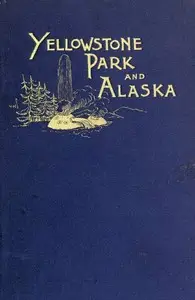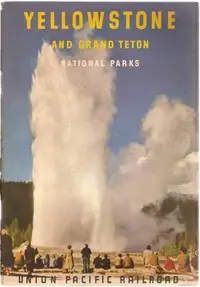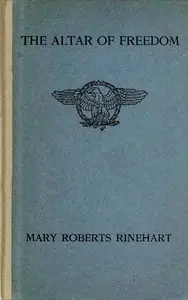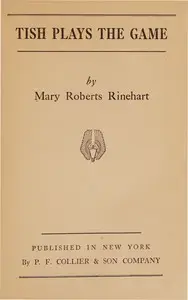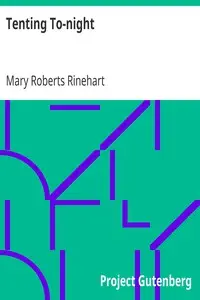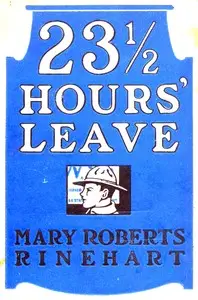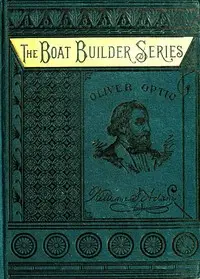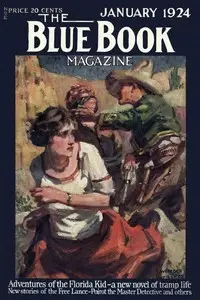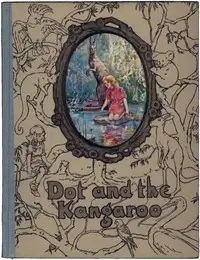"Through Glacier Park: Seeing America First with Howard Eaton" by Mary Roberts Rinehart is a captivating recount of a group's horseback adventure through Glacier National Park. It's a story about exploring the untouched beauty of the American wilderness in the early 1900s. Guided by the knowledgeable Howard Eaton, the travelers ride, experiencing the vast landscapes while building friendships. The journey is filled with breathtaking scenery, from vibrant meadows to demanding mountain paths, as well as joyful times spent fishing in clear waters. Rinehart describes the park's plants and animals, mixing those descriptions with stories about the people she meets, highlighting their shared experiences and personal changes during the trip. Amidst these stunning Rockies, she reflects on the deep link between people and nature. The journey shows the powerful effect of being close to nature and the important memories created sharing stories around a campfire under a sky full of stars.
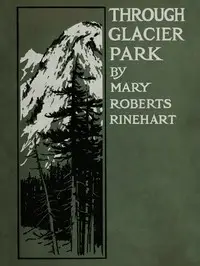
Through Glacier Park: Seeing America First with Howard Eaton
By Mary Roberts Rinehart
A band of travelers explores the American wilderness in the early 20th century, discovering the beauty of the land and the strength of human connection.
Summary
About the AuthorMary Roberts Rinehart was an American writer, often called the American Agatha Christie. Rinehart published her first mystery novel The Circular Staircase in 1908, which introduced the "had I but known" narrative style. Rinehart is also considered the earliest known source of the phrase "the butler did it", in her novel The Door (1930), although the exact phrase does not appear in her work and the plot device had been used prior to that time. She also worked to tell the stories and experiences of front line soldiers during World War I, one of the first women to travel to the Belgian front lines.
Mary Roberts Rinehart was an American writer, often called the American Agatha Christie. Rinehart published her first mystery novel The Circular Staircase in 1908, which introduced the "had I but known" narrative style. Rinehart is also considered the earliest known source of the phrase "the butler did it", in her novel The Door (1930), although the exact phrase does not appear in her work and the plot device had been used prior to that time. She also worked to tell the stories and experiences of front line soldiers during World War I, one of the first women to travel to the Belgian front lines.

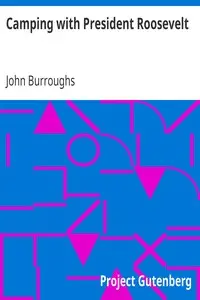
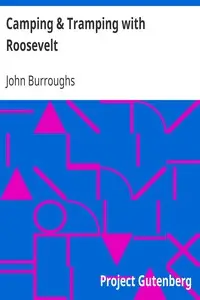
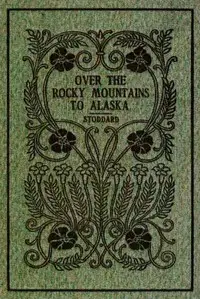
![Glacier National Park [Montana] by United States. Department of the Interior](https://cdn.a2-host.cloud/86KjGk1dEVoPDSCcQ7xjcsJ1I-LsI7EtbX5wNBnPNG8/rs:fill:215:325:0/g:ce/aHR0cHM6Ly9zcC1hc3NldHMuczMudXMtd2VzdC0wMDQuYmFja2JsYXplYjIuY29tL2Jvb2svMzY0NjMvR2xhY2llcl9OYXRpb25hbF9QYXJrX01vbnRhbmFfY292ZXIuanBn.webp)
